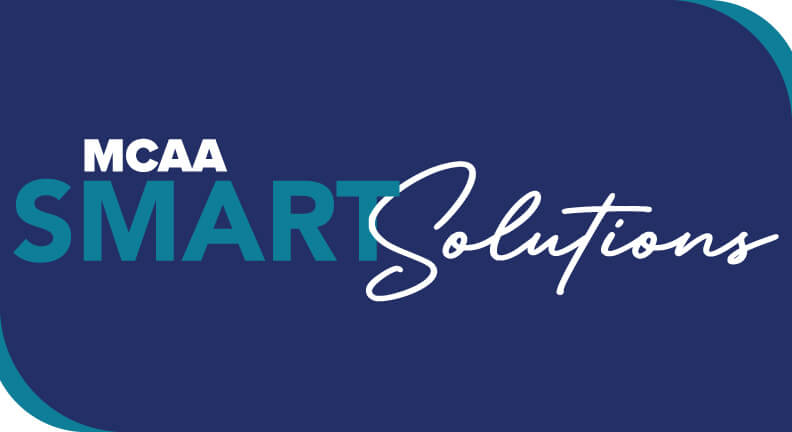
Change to Forgiveness Process: As we all know, the Covered Period was recently changed to be either 8 weeks or 24 weeks, at the borrower’s election if the loan was issued before June 5th. This has opened the door to many companies obtaining full forgiveness of their loan. An issue that has often come up is that many borrowers are able to incur enough expenses to obtain full forgiveness within a period that is longer than 8 weeks but perhaps far shorter than 24 weeks. This has led to the question: Do I need to wait the full 24 weeks before we apply for forgiveness?
Up until now the answer was yes, however the IFR release has clarified that a borrower can apply for forgiveness at any time after or DURING their covered period. This will allow borrowers to get the process rolling and perhaps allow them to wrap up the forgiveness process prior to the end of the year.
Update on Salary and Wage Reduction Rule: The IFR also indicates “If the borrower applies for forgiveness before the end of the covered period and has reduced any employee’s salaries or wages in excess of 25 percent, the borrower must account for the excess salary reduction for the full 8-week or 24-week covered period.”
This is meaningful because it indicates that you will need to account for salary reductions through your full covered period even if you apply for forgiveness early. As an example, if you reduced an employee’s salary in excess of 25% for the first 12 weeks of your covered period, when applying for forgiveness you need to assume that reduction will have been in place for all 24 weeks for purposes of the forgiveness calculation. No guidance was issued about what to do if there are FTE reductions during the covered period.
The new IFR clarified many other points regarding the loan forgiveness process, and all of the salient ones are included in Withum’s 06/20/2020 webinar on loan forgiveness. It will be posted on Withum’s website afterwards.
Reminder Section: (what should I be doing):
- Call your payroll company about claiming the payroll tax deferrals and employee retention credits that were made available in the CARES Act.
- Talk to your payroll company about the qualified sick/family leave legislation (FFCRA, passed prior to the CAREs Act).
- Consider speaking with your lender to discuss changes to terms of existing debt facilities. The banking system remains strong.
- If you have already applied for the PPP, start forecasting how you intend to spend the funds and how to qualify for the highest amount of forgiveness possible.


